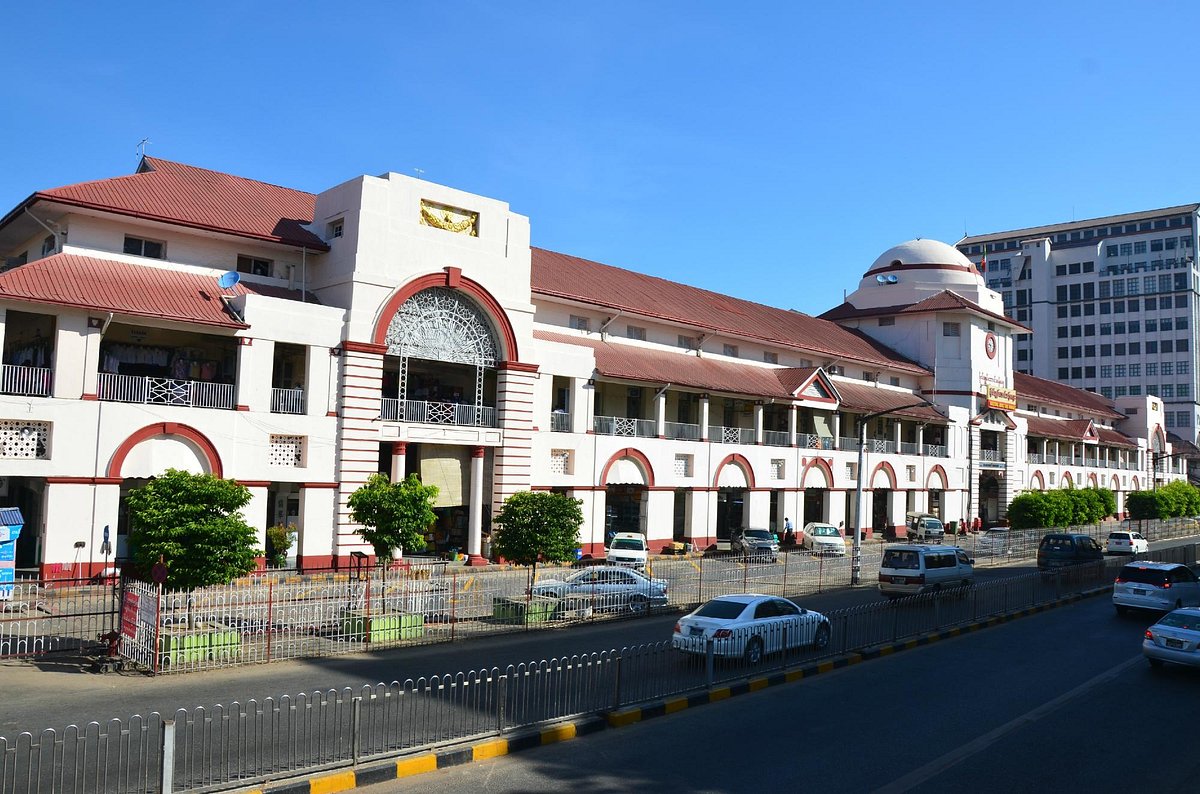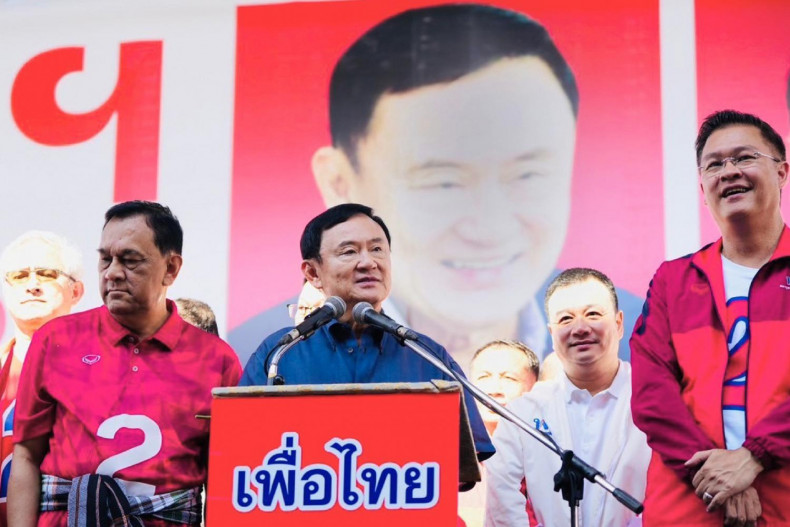The Bank of Thailand’s (BoT) ongoing search for a new board chairman faces delays as the selection committee postpones its decision for another week, citing the need for a thorough review. Political tensions surrounding one candidate have added pressure to the process.
Bank of Thailand Delays Decision on New Board Chairman Amid Political Pressure
The Bank of Thailand’s quest for a new board chairman is mired in delays and controversy, as the decision faces further postponement to allow for a comprehensive review of candidates.
BoT Board Chair Selection Process Postponed Again
The BoT’s selection process for a new board chairman, already delayed once from its initial October 8 date, is now postponed again. The independent committee overseeing the selection is allowing an additional week for deliberation, citing the need for a closer look at each candidate’s credentials.
Committee Cites Need for More Deliberation Time
According to Wirekha Santapan, the panel secretary, the committee led by Sathit Limpongpan determined that more time is needed to assess the decision. A final choice is expected to be announced next week, but recent events suggest this timeline may shift further.
Background of the Delay
The delay comes as mounting opposition to one of the nominees, Kittiratt Na-Ranong, has sparked controversy. Na-Ranong’s critics claim his close ties to the Pheu Thai Party could influence the BoT’s direction, leading to growing resistance to his nomination.
Controversy Surrounding Kittiratt Na-Ranong’s Candidacy
Kittiratt Na-Ranong’s potential appointment has raised red flags among former BoT governors, academics, and opposition parties. His critics argue that a political figure in such a role could jeopardize the central bank’s independence, raising concerns about future governance and economic policy direction.
Pheu Thai Party’s Influence Under Scrutiny
Some view Na-Ranong’s nomination as a move by the Pheu Thai Party to expand its influence within Thailand’s financial institutions. Despite his qualifications, opponents argue that his political affiliations could lead to potential conflicts of interest.
Protests and Public Opposition
The controversy has prompted a small protest outside the BoT premises, with further demonstrations expected. As public resistance grows, the selection committee faces increased scrutiny to ensure a fair and transparent decision-making process.
Other Candidates for BoT Board Chairman
Alongside Kittiratt Na-Ranong, the BoT’s other nominations include Kulit Sombatsiri, former permanent secretary of the Energy Ministry, and Surapon Nitikraipot, a respected law professor and rector at Thammasat University. These alternative candidates are viewed by some as less politically tied, providing options for those concerned about potential political influence.
Kulit Sombatsiri: Experienced Government Official
Kulit Sombatsiri brings extensive government experience to the table, having previously served as the permanent secretary of the Energy Ministry. His background is seen as an asset, aligning with the BoT’s non-partisan stance.
Surapon Nitikraipot: Academic Perspective
Surapon Nitikraipot, a law professor and rector at Thammasat University, is regarded as a highly knowledgeable candidate with minimal political connections. His academic credentials make him a preferred choice for those advocating for an impartial chairman.
Thailand’s Economic Outlook and BoT’s Inflation Goals
While the selection process unfolds, the BoT is focusing on stabilizing Thailand’s economy with a targeted inflation range. With the current deputy governor, Piti Disyatat, sharing insights at the Monetary Policy Forum, the BoT aims for headline inflation of 1.2% by 2025.
BoT’s Long-Term Inflation Strategy
As Thailand’s economy seeks steady growth, the BoT aims to keep inflation within a targeted range of 1% to 3%. This approach is expected to provide financial stability as the country recovers from recent economic challenges.
Upcoming Monetary Policy and Market Outlook
With an inflation goal of 1.2% by 2025, the BoT is prioritizing policy measures that drive growth while controlling costs. Thailand’s financial markets, closely watching the BoT’s leadership transition, remain optimistic about continued economic progress.
Conclusion: BoT Leadership Choice and Economic Policy Implications
The BoT’s decision regarding a new board chairman carries significant implications for Thailand’s financial future. As political tensions heighten and the committee examines candidates thoroughly, the appointment of a chairman will shape the BoT’s strategic direction. Amid these delays, the BoT’s commitment to economic stability and inflation control remains unwavering, positioning Thailand for sustainable growth in the coming years.
Ref- Thaiger








